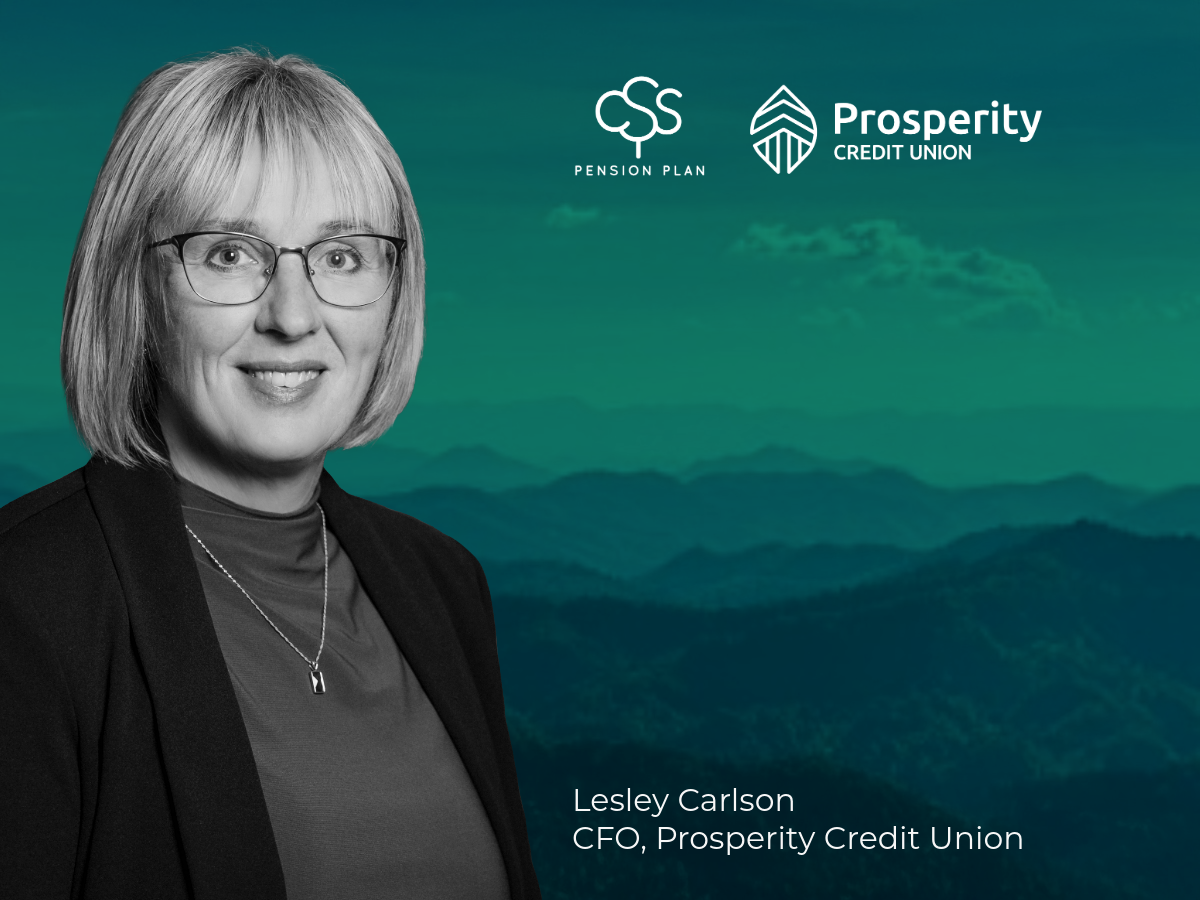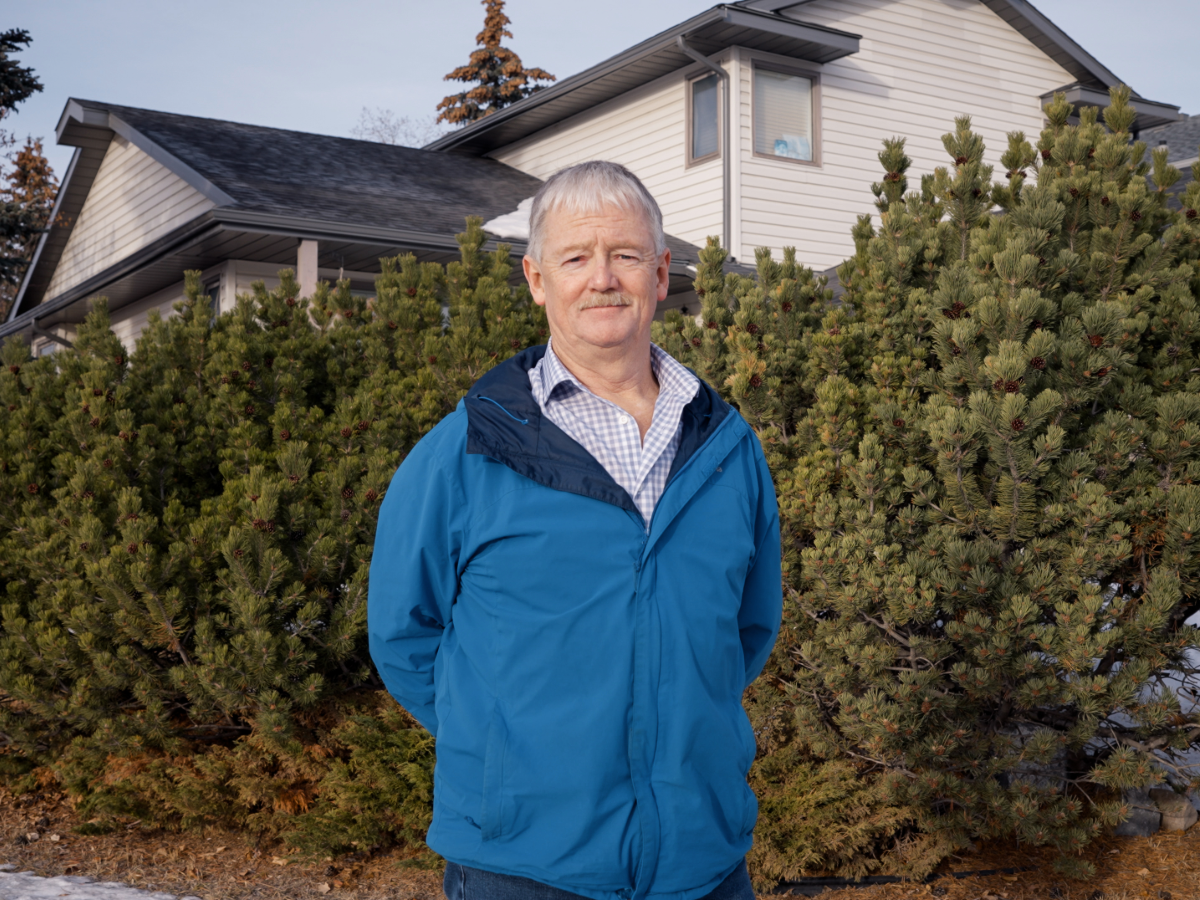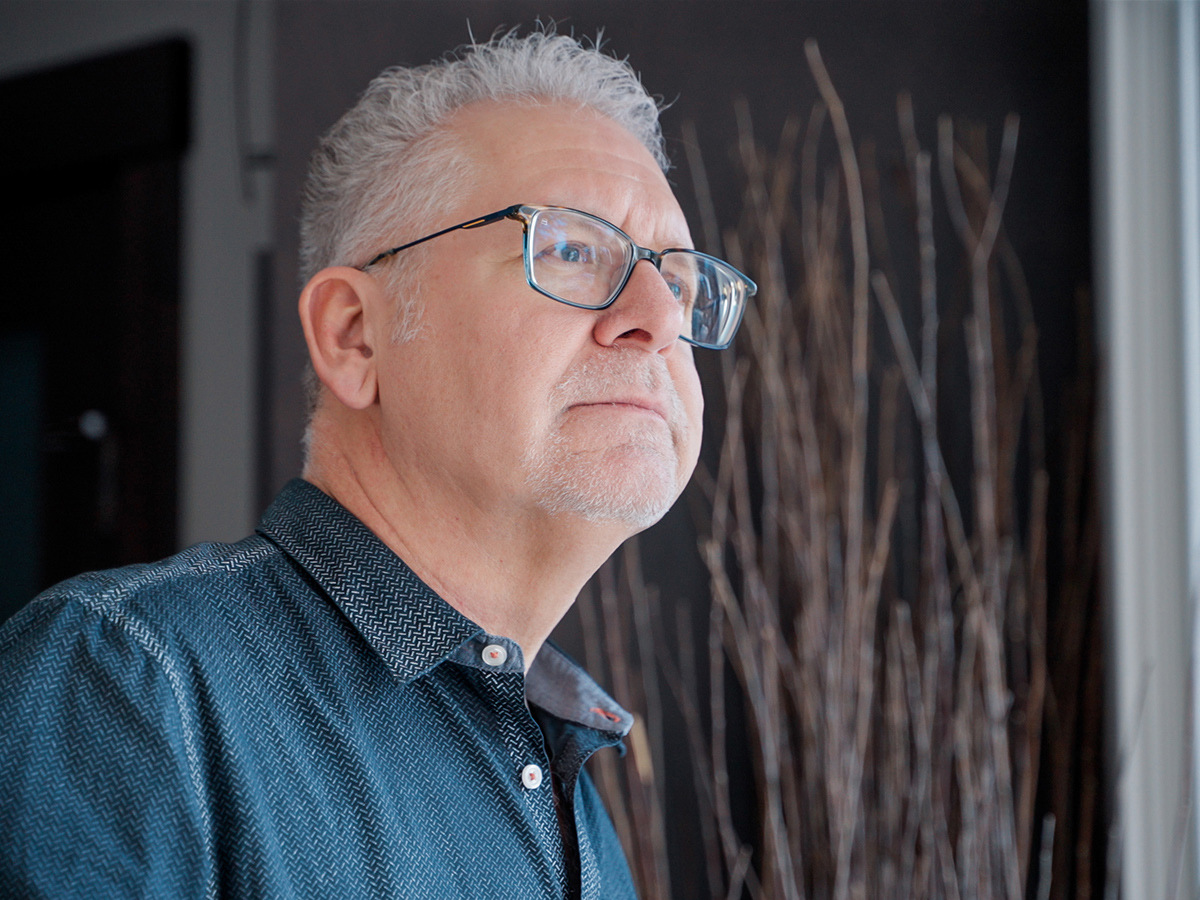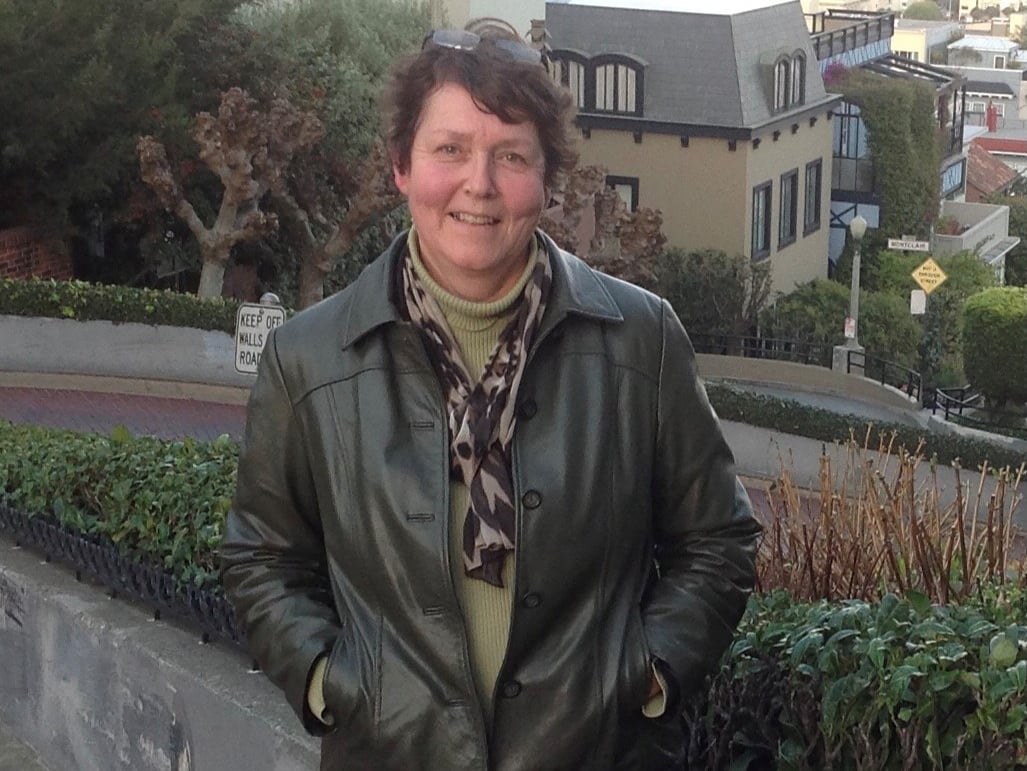

When to begin your Canada Pension Plan (CPP) payments is a very important and sometimes very difficult decision.
CPP is a pension that both you and your employer have been contributing to; it is designed to pay you a monthly indexed pension for life. There are many factors that will go into your decision, and there is no simple answer that applies to everyone. One of the most important things to remember is that your retirement situation is unique and that your decision should be based on your own situation rather than what others you know have done.
When it comes time to make this decision, there will be a lot to consider. Some of the most important things that you will need to think about will be:
- How important is secure, lifetime monthly income to you?
- How long do think you might be collecting CPP? How long do you think you might live?
- What other sources of income do you have?
- Will your income need change over time?
- What is your tax situation now? In the future?
The big picture
Retirement income can be broken down into three streams of income:
1. Federal government programs
- Canada Pension Plan (CPP)
- Old Age Security (OAS)
- Guaranteed Income Supplement (GIS)
2. Personal savings
- RSP
- TFSA
- Home/business or farm equity
3. Workplace pensions
- Your CSS pension
- Other pensions
You need to consider all retirement income sources when you are building your retirement income plan. Focusing on one source without considering the other two may leave your retirement income unbalanced.
Your OAS pension and CPP retirement pension will increase for inflation, but your other retirement income sources might not.
What role will CPP play in your retirement income story?
Normal retirement age for CPP is age 65. That means if you choose to begin CPP at 65, you won’t be facing any reductions by starting early and you won’t be getting any increases from waiting to start monthly payments.
One of the key factors to making this important decision is that if you choose to take your CPP before age 65, you will be giving up 0.6% per month that you take CPP before 65. That’s 36% less for life, if you begin your payments at age 60.
If you wait beyond age 65, your payment will increase by 0.7% for every month you wait. That means your payment may be up to 42% higher for life. The income that you can count on for life can be up to 42% higher and is also indexed, which is like a bit of a raise each year.
Running out of money is one of the greatest fears of many current and future retirees. CPP is a well-run pension plan that provides retirement income for life. Choosing to delay CPP payments will mean higher monthly income and can add income security and peace of mind to the later years of retirement.
Life expectancy
It can be difficult to consider your own mortality, but it is an important step when it comes to the question on when to begin CPP payments.
If you live an average lifespan, you can expect to get the most out of your CPP by choosing to hold off on beginning payments, because the payments you receive will be higher and you will collect them for many years to come.
If you have health concerns or have a shortened life expectancy, starting CPP early might be in your best interest so that you can collect the payment as long as possible. Remember, you are usually making your financial decisions on what is most likely to happen - not the worst-case scenario - so be honest with yourself about how many years you expect to collect your CPP payments.
Longevity is an important factor when taking your pensions. Most Canadians underestimate how long they'll live, and many are at risk of outliving their savings.
On average, Canadians who are age 65 today can expect to live up to 86 years for men and 88 years for women. That's why they need to plan for at least another 20 to 25 years. In fact, there is about a 50 per cent chance that those who go into retirement today will live up to age 90. It's good to have a financial plan for these years of life.
What other sources of income do you have?
If you have other sources of income that you can draw from in the early years of retirement, you may choose to delay taking your CPP.
Most CSS members will have their CSS pension to draw from and may have other resources such as TFSAs, RRSPs and working in retirement. This may allow you to hold off on beginning CPP to take advantage of the increase you receive. If you don’t have other sources of retirement income, you may need to begin your CPP earlier to meet your monthly expenses.
Choosing to delay CPP payments will mean higher monthly income and can add income security and peace of mind to the later years of retirement.

Tax considerations
Taxes might also play a role in your decision. If you have other sources of taxable income, like work or rental revenue, adding CPP to your income may mean that some of your income is taxable at a higher marginal tax rate. Look at your marginal income tax rate now and what you expect it to be in the future to see how they compare. Many retirees are in a higher tax bracket while they are still employed or in the early years of retirement, than they will be in the future. This can mean paying more tax if you take your CPP early.
Where do I go from here?
The first thing to do when making this very important decision is to contact Service Canada to find out what you would qualify to receive for CPP if you started payments at 65, at 60, or other ages that you are considering.
Remember, Service Canada started calculating your CPP amount at age 18, so what you may receive will be different from other people that you know, and you need to make your decision based on your numbers.
Next, spend some time thinking about what you expect your retirement to look like. Will you be able to draw an income from other sources if you hold off on starting CPP? Do you expect to live a long life? Is it valuable to you to have more secure, indexed monthly income or to have the income earlier?
Still have questions? Contact one of CSS’ Retirement and Pension Advisors to help you to understand how CPP fits into your overall retirement situation.








.png)








































